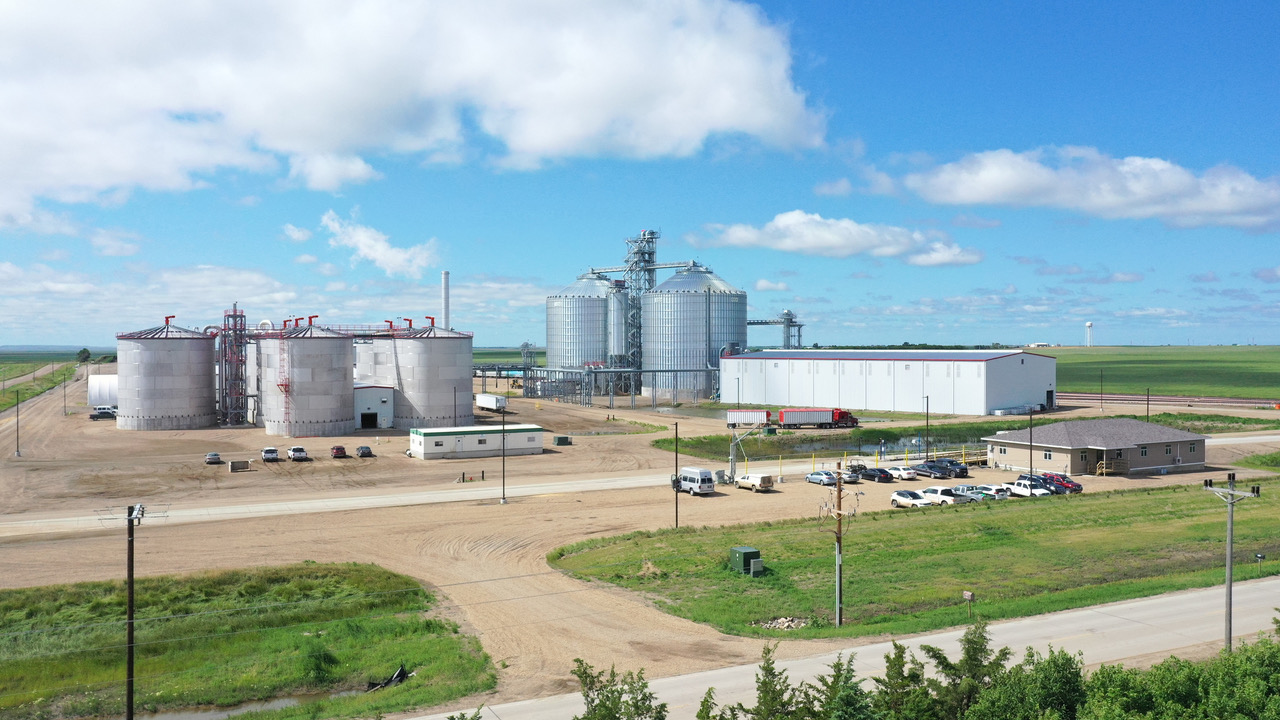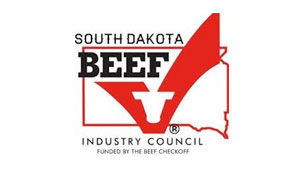
60
Agri-business
27 Feb 2020
 Accessibility is critical to the success of any business. In the case of Ringneck Energy, that literally meant the construction of a new highway to it’s facility. In turn, the new road has been a big benefit for the town of Onida as well. A project with mutual benefits is ideal for businesses and communities in South Dakota, said Walt Wendland, Chairman, President and CEO of Ringneck Energy
Accessibility is critical to the success of any business. In the case of Ringneck Energy, that literally meant the construction of a new highway to it’s facility. In turn, the new road has been a big benefit for the town of Onida as well. A project with mutual benefits is ideal for businesses and communities in South Dakota, said Walt Wendland, Chairman, President and CEO of Ringneck Energy
“It is a big deal to provide value to central South Dakota,” he said. “A combination of the latest technology, efficient energy and good people is what leads to success.”
Ringneck Energy is a relatively new company producing fuel-grade ethanol and high-protein feed source for local livestock in the town of Onida. Construction was completed in early 2019, with production commencing by the end of April 2019. Now, the company targets production of approximately 80 million gallons of ethanol, 296 tons of distiller’s grain and 14.3 million pounds of corn oil. But those goals would not have been possible without one crucial improvement: the county required an improved road from U.S. Highway 83 to the facility. That road was constructed with funds from grants and a tax increment financing (TIF) loan from the Oahe Electric Cooperative’s Rural Electric Economic Development (REED) Fund.
“What we had was no better than dirt roads and were nearly impassable in spring,” said Wendland. “Without the assistance from the REED Fund, we never would have been able to build the road and make a real contribution to both our success and that of our surrounding community.”
Now that concrete highway allows for about 250 trucks to reach their facility per day at peak times, allowing RIngneck energy to receive and ship year-round.
“The highway offers more than just economic benefits,” said Danci Baker, CFO of Ringneck Energy. “It also provides a more safe environment for our truckers and the community in general.”
While the highway allows RIngneck Energy to be more efficient, economic benefits extend to the local community. The facility is surrounded by corn producers and with the recent downturn in agricultural production, area producers really appreciate Ringneck’s availability, said Baker.
“The ethanol plant has provided another source for producers to sell to,” she said. “In the tough harvest conditions this year, we were able to accept a higher moisture grain to help producers get crops out of the field without the extra expense of drying down to a standard moisture. And they’ve realized cost savings by not having to get that product shipped out of the area on rail.”
Ringneck’s viability has been able to extend the availability of wet feed approximately 100 miles west from where it had previously been available to livestock producers.
Ringneck’s location has made a big difference to the bottom line of local farmers, as well. Without a local processor, farmers had to move their grain out of the area to make a profit. Now, the farmers can bring their grain to Ringneck and see a major benefit in their local corn basis - the difference between the futures contract and the local cash price. Wendland said local farmers have historically experienced a wide basis but they’ve been able to narrow that in the short time they have been operating.
Wendland also said the new highway brought unforeseen benefits to the community, specifically that school traffic can use the new road to skirt the more congested downtown streets.
Benefits from the new highway aside, Ringneck Energy faces some difficulties ahead. Current international and national economic conditions do not favor the corn product industry.
“We’re challenged right now by the impacts of tariffs, small refinery exemptions and more outstanding debt compared to other ethanol producers,” said Wendland. “But we’re a very efficient plant with strong investor support and should be able to compete.”
So despite an unpredictable future, the company knows that with the help from the REED Fund, they are competitively positioned.
“The REED Fund allowed Ringneck to fulfill the vision we had for ourselves,” said Baker. “And now we’re able to show rural South Dakota has the ability to provide sustainable businesses nationally.”


